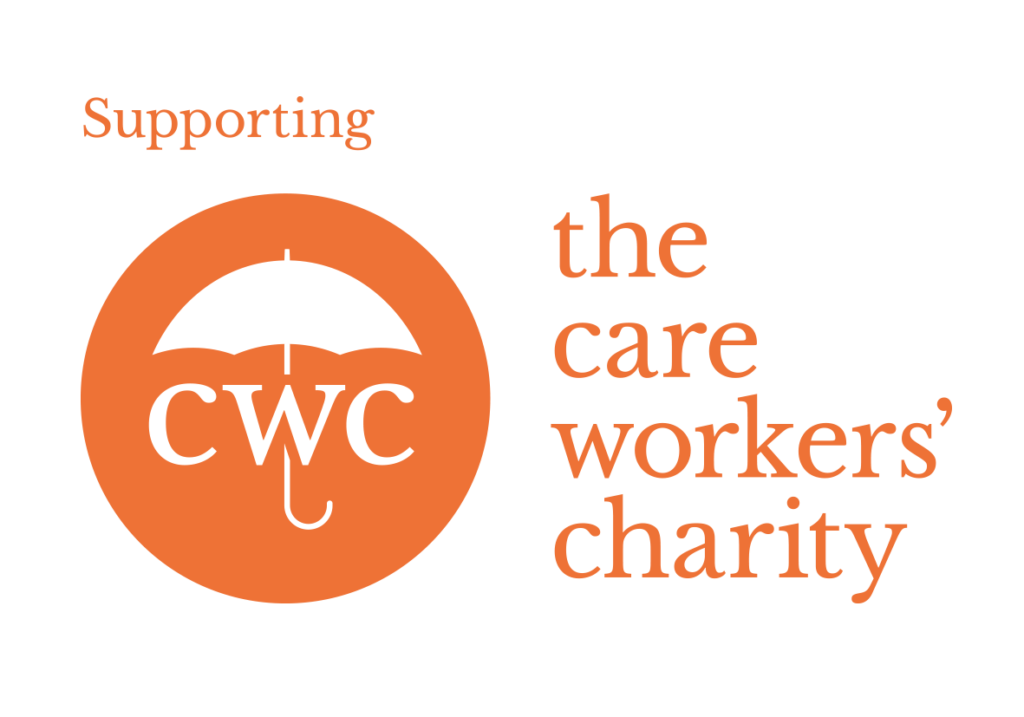Women’s History Month
Women’s History Month is celebrated throughout March with International Women’s Day marked each year on 8th March. It’s a time for global celebration, recognising women’s social, economic, cultural, and political achievements, as well as highlighting the ongoing battle for equality.
The idea is that we’re all responsible for our own thoughts and actions, and so we can actively choose to challenge stereotypes, fight bias, broaden perceptions, improve situations and celebrate women’s achievements.
Its also about celebrating important women in history and the change they brought to the world. Here are a selection of the women in history who made a positive impact to our lives.
Marie Currie (1867-1934)
Marie Currie changed the world not once but twice. She founded the new science of radioactivity – even the word was invented by her – and her discoveries launched effective cures for cancer. Marie Curie was a woman of action as well as enormous intellect. During the First World War, she helped to equip ambulances with x-ray equipment, and often drove them to the front line herself.
Emmeline Pankhurst (1858-1928)
In 1903, she founded the Women’s Social and Political Union to campaign for the parliamentary vote for women in Edwardian Britain, ‘Deeds, not words’ being its motto. A charismatic leader and powerful orator, Pankhurst roused thousands of women to demand, rather than ask politely, for their democratic right in a mass movement that has been unparalleled in British history. Always in the thick of the struggle, she endured 13 imprisonments, her name and cause becoming known throughout the world.
Ada Lovelace (1815-1852)
A gifted mathematician, Ada Lovelace is considered to be the first computer programmer, an industry that has since transformed business, our lives and the world. In an industry still dominated by men, it’s particularly striking that the first programmer was a woman.
Rosalind Franklin (1920-1958)
When the structure of DNA was discovered, scientists claimed that they had unravelled the secret of life itself. The crucial piece of evidence was provided by the expert crystallographer Rosalind Franklin – the famous photograph 51, an X-ray picture showing a dark cross of dots, the signature image of a concealed molecular spiral. The life-changing innovations that followed – mapping the human genome, test-tube babies, genetic engineering – all depend on understanding the chemical foundations of heredity.
Angela Burdett-Coutts (1814-1906)
The first woman to have been made a peer, Burdett-Coutts was made a baroness by Queen Victoria for her work on behalf of the poor. Prevented from working at Coutts Bank despite inheriting her grandfather Thomas Coutts’ shares and fortune, Burdett-Coutts instead devoted her time – working with a Coutts client Charles Dickens – to philanthropy. She was a pioneer in social housing, building homes for the poor, and financed numerous projects, including the redevelopment of East London.
Florence Nightingale (1820-1910)
Florence Nightingale led the first official team of British military nurses to Turkey during the Crimean War, fought between Britain and Russia (1853-56). More soldiers died from disease than wounds in this conflict and Nightingale – as well as tending the sick – reported back to the army medical services on how to reduce avoidable deaths. Nicknamed ‘the Lady with the Lamp’ for the night rounds she made tending to the wounded and sick, Nightingale continued in her work after the war and was instrumental in establishing a permanent military nursing service and implementing improvements to the army medical services.
Jane Austen (1775-1817)
One of the most famous figures in British history, Austen’s novels have gone on to become literary sensations. Often lacing plots exploring marriage, status and social sensibility with a distinctive irony, her works have been adapted many times in plays, films and TV series.
Mother Teresa (1910-1997)
Mother Teresa, born in Albania, was a Roman Catholic nun who lived in India for most of her life. In 1950 she founded the Missionaries of Charity which attracted many sisters who took vows of chastity, poverty, obedience and free service to the poorest of the poor. The work that the order undertook, in over 130 countries, included managing homes for people who were dying, soup kitchens, orphanages and schools. Although criticised for her opposition to abortion, her charitable work changed the lives of many of the most vulnerable people in the world.
These are just a selection there are so many more.











